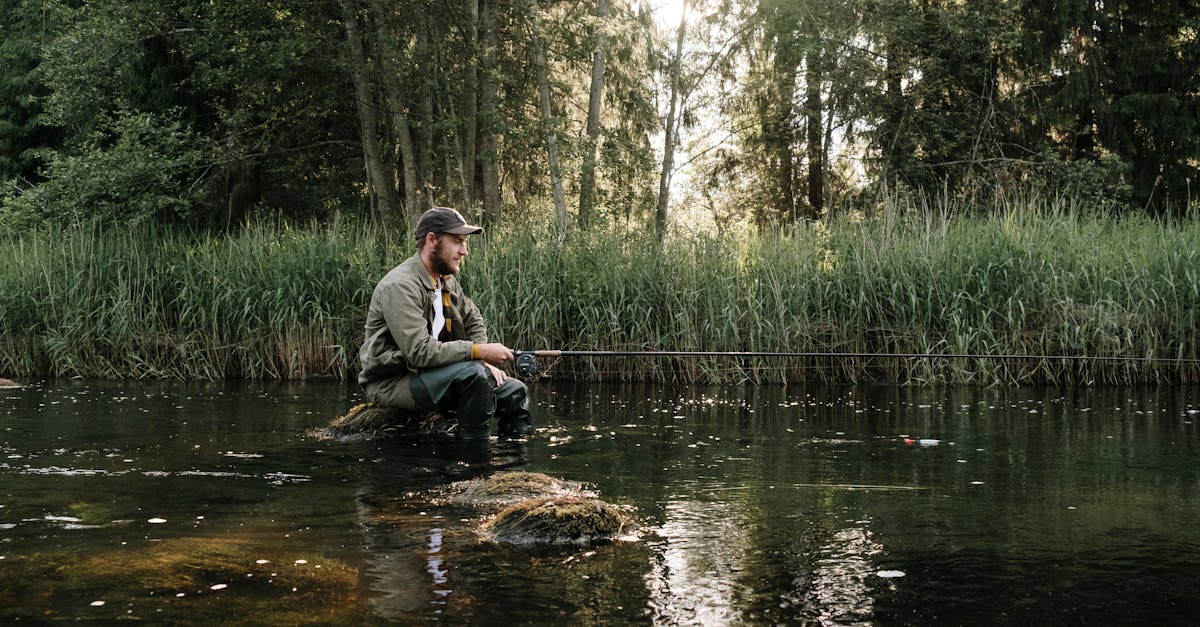Are you considering welcoming a Cane Corso into your life, or are you already a proud owner of one of these majestic dogs? Known for their loyalty, intelligence, and imposing presence, the Cane Corso is a breed that requires a dedicated, informed pet parent. Whether you're here to learn about their temperament, health, or care needs, this guide will help you understand how to best support your Cane Corso’s well-being.
🐾 Breed Snapshot
The Cane Corso, also known as the Italian Mastiff, is a large working breed that hails from Italy. Originally bred to guard property and assist in hunting, this breed is strong, confident, and highly trainable. With their muscular build and noble demeanor, they are as impressive as they are loving to their families.
- Size: Large (males weigh 90–110 lbs, females 85–100 lbs)
- Lifespan: 9–12 years
- Coat: Short, dense, and water-resistant
- Colors: Black, gray, fawn, red, or brindle
- Energy Level: Moderate to high
The Cane Corso is best suited for experienced dog owners who can provide consistent training, socialization, and regular exercise. If you’re up for the challenge, they’ll reward you with unwavering loyalty and protection.
🧬 Personality & Behaviour
The Cane Corso is a highly intelligent and affectionate breed, but they can also be assertive and protective. These traits make them excellent guard dogs, but they also require owners who can establish themselves as confident leaders in the household.
Here’s what to expect from their personality:
- Loyal and Protective: Cane Corsos form strong bonds with their families and are naturally wary of strangers. Early socialization is crucial to help them distinguish between friend and foe.
- Confident and Independent: They have a strong will and can be stubborn if not trained properly. Consistent, positive reinforcement training works best.
- Affectionate with Family: Despite their tough exterior, Cane Corsos are loving and gentle with their families, including children, when properly socialized.
Without adequate training and boundaries, their protective instincts can lead to behavioral issues. Early obedience training and exposure to various environments, people, and other animals are key to raising a well-rounded Cane Corso.
🧼 Health & Grooming Needs
While Cane Corsos are generally healthy dogs, they are prone to certain breed-specific health issues. Regular veterinary care, a balanced diet, and proper grooming can help keep your Cane Corso in optimal condition.
Common Health Concerns
- Hip Dysplasia: A common issue in large breeds, this condition affects the hip joint and can lead to arthritis. Regular vet checkups and maintaining a healthy weight can help reduce the risk.
- Bloat (Gastric Dilatation-Volvulus): This life-threatening condition occurs when the stomach fills with gas and twists. Feed your Cane Corso smaller meals throughout the day and avoid vigorous exercise after eating.
- Eyelid Issues: Conditions like entropion (inward-rolling eyelids) are more common in this breed and may require surgical correction.
According to the VCA Animal Hospitals, regular screenings and preventative care can significantly improve your dog’s quality of life (source).
Grooming Tips
- Coat Care: Their short coat is low-maintenance. Weekly brushing will help remove loose hair and keep their coat shiny.
- Nail Trimming: Trim their nails every 3–4 weeks to prevent overgrowth and discomfort.
- Ear Cleaning: Check their ears weekly for wax buildup or signs of infection.
- Dental Hygiene: Brush their teeth 2–3 times per week or provide dental chews to maintain oral health.
Grooming is also an excellent time to check for any unusual lumps, bumps, or skin issues that may require veterinary attention.
💡 Vet Tips for Pet Parents
Bringing a Cane Corso into your life is a rewarding experience, but it does come with responsibilities. Here are some tips from veterinarians to ensure your Cane Corso thrives:
- Start Training Early: Cane Corsos grow quickly and can become difficult to manage without early obedience training. Enroll in a puppy training class to set the foundation for good behavior.
- Focus on Socialization: Expose your Cane Corso to new people, pets, and environments during their critical socialization period (8–16 weeks). This will help them develop into a confident, well-adjusted adult.
- Provide Mental Stimulation: Puzzle toys, obedience training, and interactive games can keep their intelligent minds engaged and prevent boredom-related behaviors.
- Exercise Daily: Cane Corsos need at least 60–90 minutes of exercise daily to stay healthy and happy. This can include walks, playtime, or even agility training.
- Monitor Their Diet: Feed a high-quality, large-breed dog food that meets their nutritional needs. Avoid overfeeding to prevent obesity, which can exacerbate joint issues.
By understanding their unique needs and providing a structured, loving environment, you’ll help your Cane Corso live their best life.
FAQs
Q: Are Cane Corsos good with children?
A: Yes, with proper training and socialization, Cane Corsos can be great with children. They are protective and gentle, but supervision is recommended due to their size and strength.
Q: How much exercise does a Cane Corso need?
A: Cane Corsos require 60–90 minutes of exercise daily, including walks, playtime, and mental stimulation. Regular exercise helps prevent behavioral issues and keeps them fit.
Q: What is the best diet for a Cane Corso?
A: A high-quality, large-breed dog food with balanced protein, fat, and carbohydrates is ideal. Consult your veterinarian for personalized dietary recommendations.
Book a $49 online vet consultation at https://www.dialavet.com for fast, expert advice.























